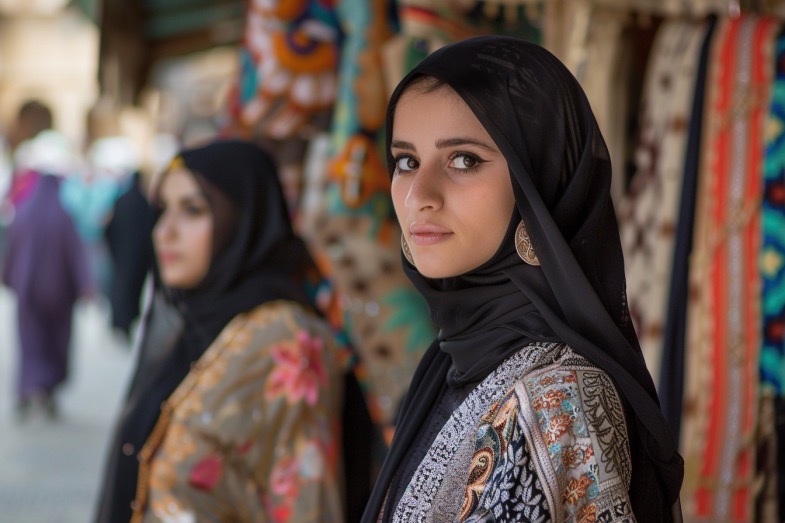International Court of Justice Rules Against Emergency Orders to Stop Germany’s Arms Sales to Israel
In a landmark decision, the International Court of Justice has ruled against issuing emergency orders to halt Germany’s arms sales to Israel. The case was brought forward by Nicaragua, which argued that Germany’s military hardware exports to Israel violated the UN genocide convention.
Germany, a key ally of Israel and the second-largest arms supplier to the country after the US, vehemently denied the allegations, stating that the lawsuit was unfounded. The legal battle is far from over, with a final ruling expected to be years away. The recent ruling focused on the implementation of swift emergency measures.
According to reports, in 2023, around 30% of Israel’s military equipment purchases were sourced from Germany, amounting to $326.5 million. This marked a significant increase from the previous year, highlighting the close ties between the two nations.
Nicaragua’s main argument was that Germany’s arms sales to Israel implicated them in alleged war crimes committed by the Israeli government. Israel, on the other hand, has consistently denied these accusations and defended its actions in Gaza as necessary measures to combat Hamas.
The case, brought to the Hague in early March, sought emergency measures to stop Berlin from supplying weapons and other assistance to Israel. Nicaragua also accused Germany of violating the UN genocide convention by cutting funding to the UN’s aid agency, UNRWA.
Following the ICJ’s decision, the German Ministry of Foreign Affairs expressed satisfaction with the ruling, emphasizing Germany’s non-involvement in the Middle East conflict. The ministry highlighted Germany’s significant contributions to humanitarian aid for Palestinians and its efforts to ensure aid reaches Gaza’s residents.
Presiding Judge Nawaf Salam acknowledged the dire living conditions of Palestinians in Gaza and stressed the court’s deep concern. The ICJ will now determine its jurisdiction over the case and, if applicable, proceed with a full investigation, a process that could span several years.
Nicaragua’s decision to take Germany to court reflects its longstanding support for the Palestinian cause. Critics, however, have pointed out Nicaragua’s own human rights issues, including political repression and crackdowns on dissent.
As the legal battle continues, the international community watches closely, recognizing the complex dynamics at play in the conflict-ridden region.



